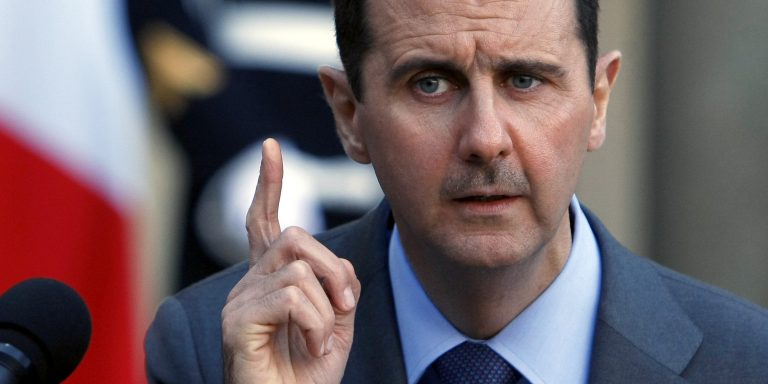INTELBRIEF
November 20, 2017
TSC IntelBrief: U.S. Sidelined Over Syria

• On November 19, the foreign ministers of Russia, Iran, and Turkey met in Antalya, Turkey, to prepare for talks set for November 22 over Syria.
• Turkey still opposes the Assad regime but has moved closer to Russia and Iran in efforts to end Syria’s civil war, leaving U.S. diplomacy marginalized.
• The emerging Russia-Iran-Turkey bloc presents significant challenges to U.S. interests in the Middle East and other regions.
• The U.S appears to have little interest in engaging in the persistent diplomatic efforts required to resolve crises like Syria’s war.
On November 19, Turkish Foreign Minister Mevlüt Çavusoglu met with Russian Foreign Minister Sergey Lavrov and Iranian Foreign Minister Javad Zarif in Antalya, Turkey to prepare for a November 22 summit in Russia to discuss efforts to resolve the Syrian civil war. On November 22, Russian President Vladimir Putin will host Turkish President Recep Tayyip Erdogan and Iranian President Hassan Rouhani in the Black Sea resort city of Sochi; a highly symbolic meeting of an emerging three-country bloc with significant influence over Syria, the entire Middle East and beyond. The United States will have no role in the Sochi summit, reflecting both the waning influence and effective sidelining — partly by choice — of U.S. efforts to resolve one of the most brutal wars in decades.
Presidents Putin and Erdogan have met five times in 2017, most recently in Sochi on November 13, and talk by phone monthly. Their relationship is remarkable, given that it was only two years ago that a Turkish F-16 shot down a Russian SU-24 fighter near Turkey’s border with Syria, killing the pilot. Despite the spike in tensions and political posturing that followed, the crisis was short-lived, with Erdogan sending a condolence letter to Putin in June 2016.
Since then the two leaders have presented a united front that is all the more challenging to Washington, given Turkey’s increasingly awkward membership in NATO. It is also difficult to overstate the degree to which the failed July 2016 coup in Turkey brought Erdogan closer to sharing Putin’s public distrust of the U.S., while emboldening the Turkish President’s authoritarian bent. While Turkey still opposes Bashar al-Assad’s Syrian regime, it is cooperating with Russia and Iran on other issues, both in Syria and elsewhere.
The Trump administration’s disdain for multilateralism, and preference for diplomatic one-on-one ‘deals’, is matched by its dismissal of the grinding, persistent diplomacy required to address complex crises like the Syrian war. Iran and Turkey have crucial interests in Syria, as does Russia to a lesser, but still significant degree. To solidify and advance their respective interests, Moscow, Ankara, and Tehran have made determined diplomatic efforts that have strengthened while U.S. interest has waned. For Washington, the Syrian war has always been about terrorism, with U.S. military operations focused on fighting the so-called Islamic State and al-Qaeda. While U.S. Secretary of Defense James Mattis recently told reporters the U.S. presence in Syria could last for years, that commitment pales in comparison to the importance Russia, Iran, and Turkey place on ensuring their version of victory in the Syrian war.
It remains to be seen if any progress can be made through this latest round of talks, toward resolving Syria’s conflicts after six years of civil war. The on-going Astana talks, sponsored by Russia, Iran, and Turkey, have shown little progress on the key diplomatic issues. For the Assad regime and its supporters, the real progress has been made on the battlefield, not the negotiating table, thanks in no small measure to Russia and Iran. The Sochi summit comes at a time when military momentum is entirely on the Assad regime’s side, with the U.S. on the diplomatic sidelines.
For tailored research and analysis, please contact: info@thesoufancenter.org
.
.